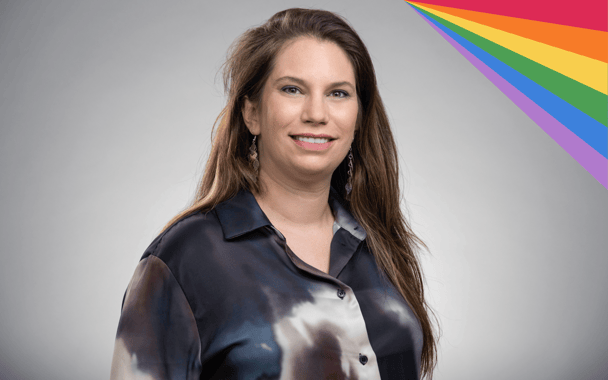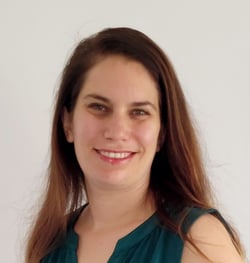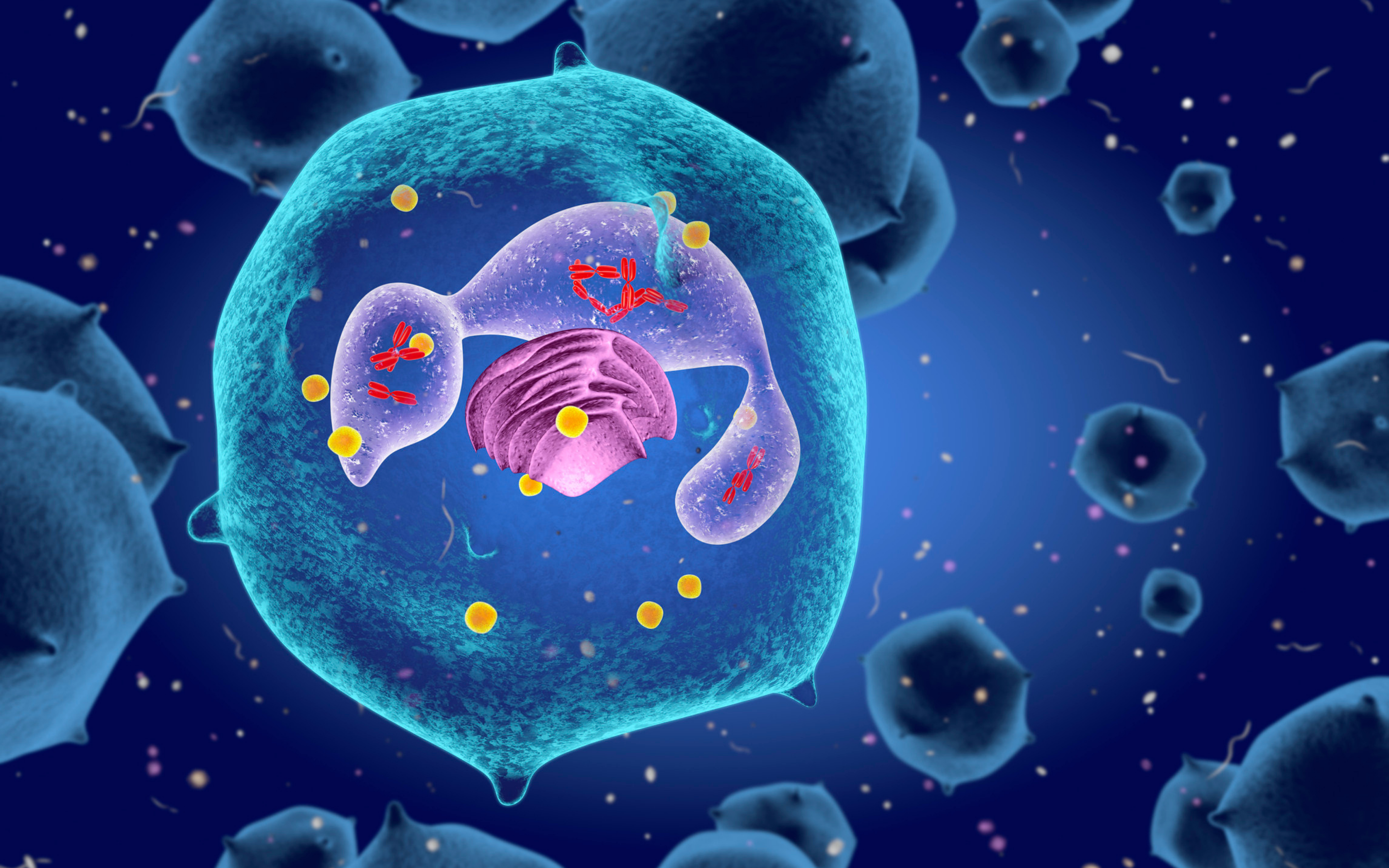This Pride Month, we are excited to interview Dr. Li-or Zach, an Application Scientist at Labguru. Li-or is happy to share her story and her insights about being out and proud in STEM and at Labguru.
Tell us about yourself.
I grew up in a small town where everyone knows each other. I realized I wasn’t straight in middle school, but I didn’t know about LGBTQ+ identities because everybody I knew was straight. TV and movie characters at the time were also all straight, except for some iconic characters on Xena. On that note – thank you to the cast and creators of that show. It took a while for me to realize that I was a lesbian, and even longer to start confiding in friends, but by the time I graduated I had realized that being a lesbian wasn’t that abnormal and was more comfortable coming out. I even came out to my mother and stepfather.
I participated in LGBTQ+ activities in college and made LGBTQ+ friends for the first time. I even experienced my first relationship - and had my heart broken for the first time. It was liberating to live my truth without dodging the topic of relationships in everyday conversations. I was never much of an activist, but I believe in being an ambassador wherever you go, so I am always open about being a lesbian. As a grad student, I worked in a lab with several religious students who were prejudiced against LGBTQ+ people. The fact that I am comfortable in my own skin helped them see that I am more than ‘just’ a stereotype. I didn’t turn everyone into an ally, but I left them a bit more open-minded than they were when we first met, and that's what matters.
When I got a biotech job, the fact that I was living with my girlfriend was a non-issue. My engagement was celebrated just like a straight colleague’s engagement. For someone who didn’t know anyone like her in middle school, this felt like a huge deal.
What’s it like being out at Labguru?
Being gay in Labguru is a non-issue as well because Labguru is a very welcoming and inclusive workplace. I talk freely about my wife, and it’s no different than talking about someone else’s partner. I look around at work and it doesn’t matter if a person is straight, gay, a lesbian, or non-binary – we are all treated equally. And creating that feeling of inclusivity is no easy feat, especially at a company scale. For Family Day, Labguru gave each of us a family photo, and seeing a picture of my wife and me on my desk every morning fills my heart with joy. I feel at ease and know that everyone values me and my LGBTQ+ colleagues. It’s wonderful because I know that I was chosen for this position for the value and relationships that I create, not because of or despite my personal orientation.
.jpg?width=489&name=Li-or%20(2).jpg)
Thank you for sharing your story.
How do you think we can make sure that LGBTQ+ scientists feel safe at work?
In my opinion – it’s the small day-to-day things. Have a little pride flag or rainbow sticker somewhere. This doesn’t mean that you are part of the LGBTQ+ community, but it will make the people who are relax instantly. Try to keep an open mind; the fact that this guy has a husband, this woman has a wife, or this person uses different pronouns from what you might expect is not what defines them, it’s just one part of them. Find out what makes that person uncomfortable and try not to cross those lines. And if you do – apologize and try better next time.
As for larger-scale events - organizing lectures on science-related LGBTQ topics and weaving in personal stories can be helpful. We all relate to good storytelling and having someone tell their story can go a long way.
Do you think LGBTQ+ senior scientists should come out of the closet to provide a personal example?
Personally, I feel a responsibility to be out of the closet, because I feel like representation is extremely important. But I don’t think that people who are not ready, for whatever reason, should come out just because I think that it’s important. Sometimes it’s a safety issue, sometimes it has to do with other matters. Coming out can be terrifying and sometimes even dangerous — you never know what kind of reactions you could receive. I deeply appreciate it when people use their power and privilege to build a safe space around them for others who don’t have that luxury. One of my best friends made this her mission in life, and I feel privileged to have her in my life. Having said that, nobody should feel pressured to come out before they feel ready. You cannot help other people if you are not in a good place yourself.
What would you like to say to the young LGBTQ+ scientists reading this?
Find your support system. This can be family, friends, a co-worker you feel comfortable with, an LGBTQ+ group, or whomever you feel most comfortable with, and share your feelings with them – be it the hardships or positive interactions. Keeping negative feelings bottled up is difficult, and it can have long-term effects. That’s not something anyone should deal with alone, in my opinion.
Why is LGBTQ+ visibility in science so important?
Scientific fields are generally rather strict, and a lot of people don’t necessarily talk about their personal lives openly. With science also being a very male-dominated field, be it in academia or in scientific industries, this leads to the environment being cold, if not worse, towards LGBTQ+ people and other marginalized groups. By normalizing the existence of LGBTQ+ people, we can make a real difference for everyone. Creating more inclusive labs and workspaces leads to better and more creative work because we all have something to contribute. We all deserve an equal chance of success, and ultimately, promoting LGBTQ+ visibility can help everyone, gay or straight, because it opens a gate to normalizing other struggles, such as mental health issues, disabilities, and more.
This interview was brought to you by Labguru, an all-in-one lab informatics and ELN cloud solution. Labguru views and practices diversity and equality in science as a core value — if your lab/research promotes LGBTQ+ visibility, contact us to see how we can support you.



%20(4).png)

